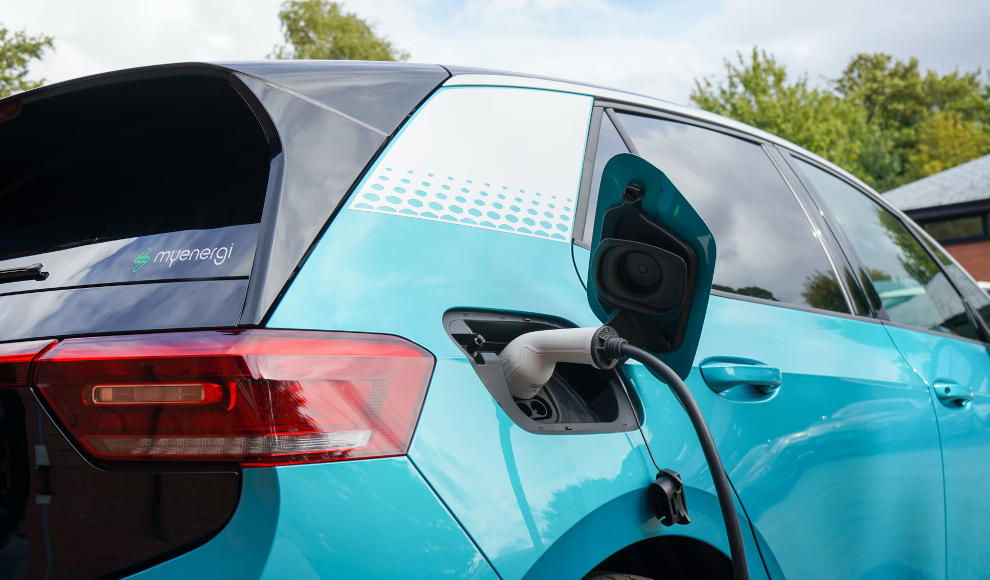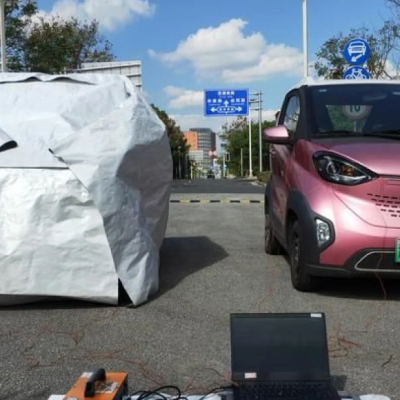A recent study by Greenpeace has found that the monthly total costs of owning an electric car in Germany are significantly lower than those of a comparable gasoline or diesel vehicle. In 2021, approximately 2.6 million new cars were registered in Germany, with 85% of them being diesel or gasoline-powered. The study used the cost comparison of the ADAC as its data basis and found that households that purchase an electric car instead of a comparable gasoline or diesel vehicle can save up to €300 per month. This calculation already takes into account recent relief measures by the German government on energy prices, which temporarily lowered gasoline prices by 30 cents per liter and diesel prices by 14 cents per liter.
According to Greenpeace, an individual can save up to €700 per month by not purchasing a new vehicle with an internal combustion engine and instead using a combination of cycling, public transportation, and trains. A two-person household can save up to €500 per month by not owning a car. Only families with two children over the age of 14 would find it more cost-effective to use public transportation and trains than to own an electric or gasoline-powered vehicle.
Greenpeace’s transport expert, Benjamin Stephan, emphasizes that purchasing an electric car or using a combination of cycling, public transportation, and occasional car-sharing is cheaper than buying a new gasoline or diesel vehicle. He also notes that relying on gasoline and diesel vehicles ties Germany to oil suppliers like Russia and ignores the potential for significant cost savings with clean solutions. Stephan urges individuals and the EU to take advantage of the current opportunity to transition away from fossil fuel-powered vehicles. Additionally, the cost savings of owning an electric car can be even higher if it is charged with excess solar power from a household’s own photovoltaic system.










